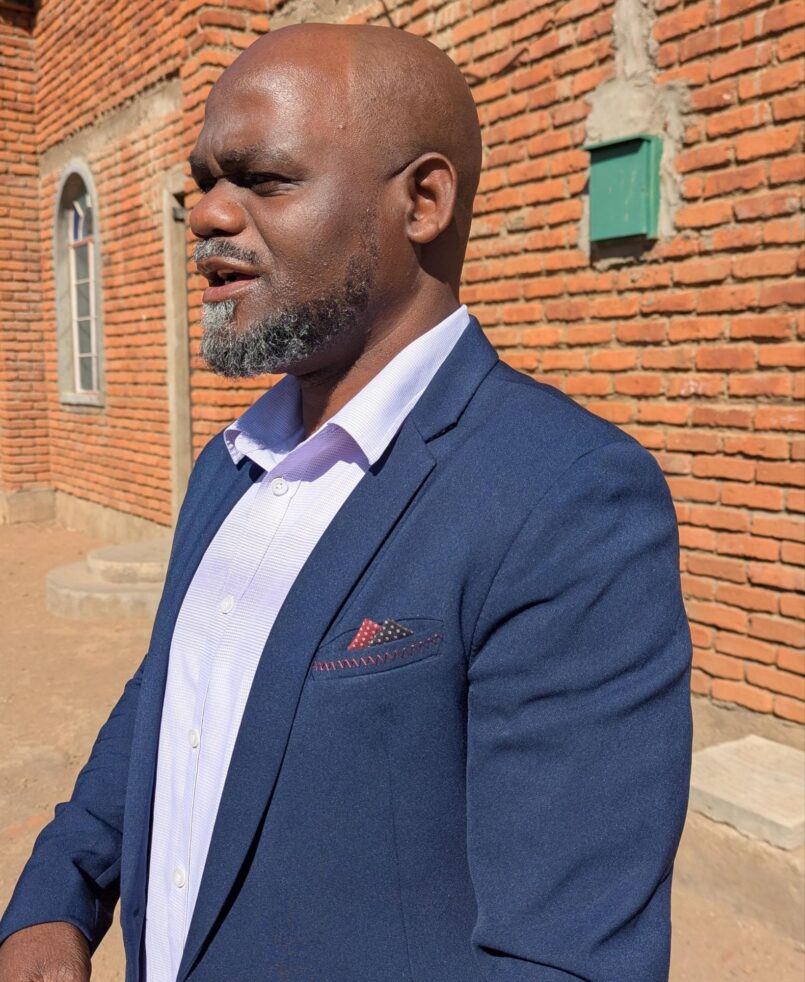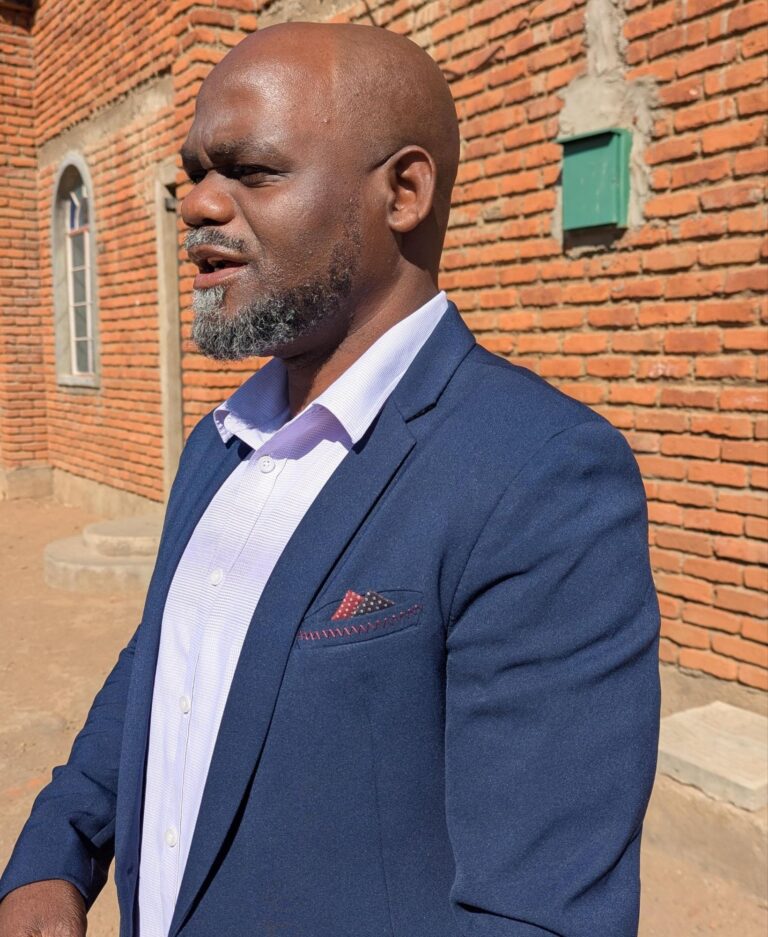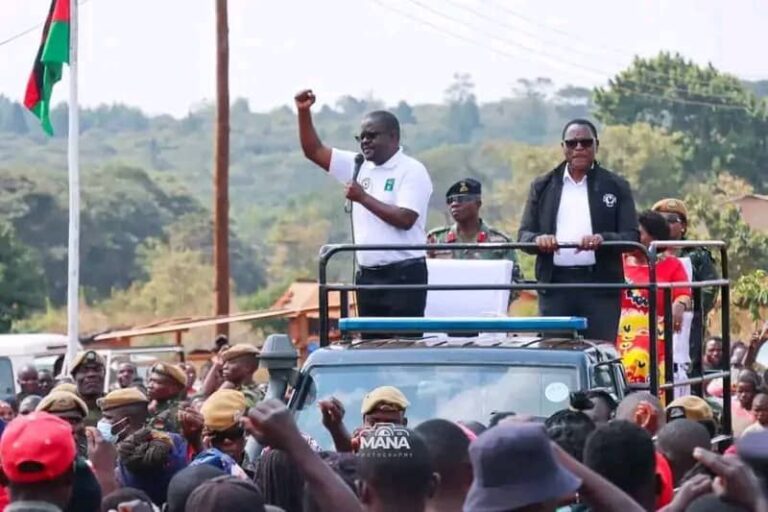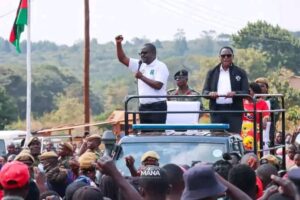By Vincent Gunde
District Social Welfare Officer for Dowa Jonathan Bonongwe, has advised school going children particularly girls to take care of their lives observing that not all visitors coming to work in the district are good, some are bad and rotten apples.
Bonomgwe said the M1 Road construction project and construction of a Tollgate at Mnkhamanga area is a welcome development to the district as they have attracted many people including construction workers renting in houses.
He said some of these workers are proposing young girls advising them to take the Camp site for the road development project and not as a tourist attraction centre saying there are laws that are protecting girl child for them to be in schools.

Speaking during commemoration of the district’s Day of African Child held at Mnkhamanga school in the Area of Traditional Authority Mponela in the district, Bonongwe advised parents and guardians to sit down with their children to care for themselves.
Bonongwe warned these parents and guardians that if they don’t care of their children, the area will have many children without fathers observing that these children will not go school thereby increasing the number of out of school children.
He encouraged school going girls that if they are proposed for love by these workers, they should report to their parents, guardians, chiefs, teachers, church leaders, and police to make sure that they are safeguarded from early pregnancies and bearing children without fathers.
“We all have a duty to safeguard girl child by reporting approaches for love by these contractors for them to be always in school,’ said Bonongwe.
He warned school going girls that if they stay quiet without reporting issues affecting them to the relevant authorities, their future will be destroyed and they will not be leaders of today and tomorrow in the development of their areas, communities, the district, and as a country as a whole.
Day of African Child was set to be commemorated on the 16th June of every year to honor black school children that were massacred in 1976 by the white minority rule of the apartheid government in South Africa when they were fighting of equal education rights.
The national commemoration of this day was held at the Bingu International Conference Centre (BICC) in Lilongwe celebrating the child by allowing them to have the platform to communicate to the duty bearers on the rights of children in education.
Dowa conducted the Day of African Child as a replica of the same function which was held at the BICC under the theme Planning and Budgeting the children’s rights,”










